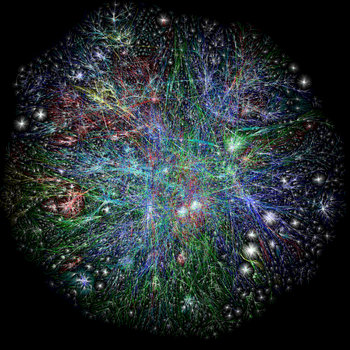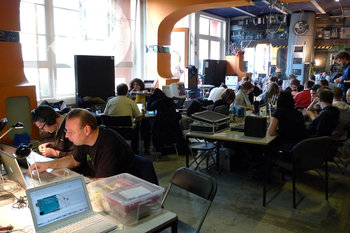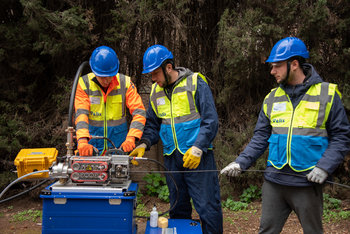
Private Networks
Private networks that are accessed using technology such as virtual private network (VPN). Such networks are secured such that their access is restricted to authorized individuals. This includes the networks of companies, governments, schools and research organizations that can be accessed using the internet. The collective knowledge and data stored on such private networks may be an order of magnitude larger than the open web.Dark Web
Websites built on top of a darknet that typically seek to provide anonymity to users. This attracts people who are concerned about privacy. The dark web is also used for crime such as offering illegal products, services and activities. Currently, the dark web is a small component of the deep web. The two terms are commonly confused.Paywall
Content that requires payment such as a digital newspaper or streaming video.Communities
Communities that require registration to view content. For example, a dating site that is members-only.Services
Services such as a database that is offered to clients for a fee. For example, in some countries credit reporting agencies collect financial data about people and offer this information as a service.Non-standard Technology
The open web is based on standard technologies that are understood by search engines and browsers. Any unique technology isn't picked up by this system. For example, a large scale peer-to-peer game world may be open to anyone with the right software but is effectively invisible from a web browser.Unlinked Content
Content that is open to the public but isn't linked anywhere such that search engines don't pick it up. For example, a family webpage that is shared by email without any external links may go undiscovered.| Overview: Deep Web | ||
Type | ||
Definition | A collective term for websites or parts of websites that aren't indexed by search engines. | |
Related Concepts | ||





























